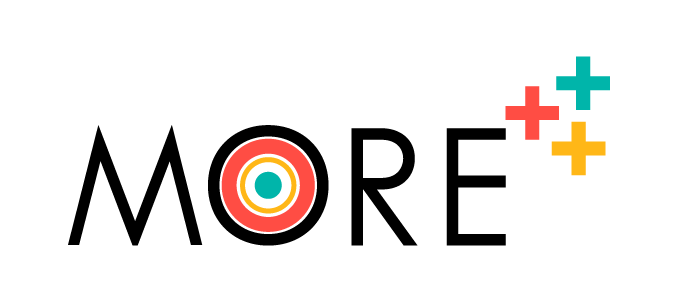The MORE project ("Multifunctional role of women as a key driver for rural development") aims to improve the access to, and the quality of, training opportunities and qualifications of rural EU women. The realities of women's lives in rural areas have become more diverse in recent decades. In today's society, women assume a "multifunctional role" in the multi-faced context of their families (i.e. child and elderly care) and social and labour ties. This multiplicity of roles contributes significantly to improvement of their families' quality of life, as well as rural socio-economic development, civic engagement, and ways of rethinking the territorial contexts.
According to the EU Parliament, the multifunctional role of women is essential to save rural areas in Europe, whose population is expected to shrink to almost 8M by 2050, in contrast with a fast-growing urban population that will reach 24M by 2050. Rural women still face serious disadvantages, compared not only to rural men, but also to urban women. Due to the structural drawbacks of local labour markets, women have to out-migrate from rural areas at a higher rate than men. Yet, for older generations, the domestic caregiver role is a significant barrier to mobility. Rural women are more dissatisfied with educational and employment opportunities in their regions. Moreover, they contribute significantly to the farming sector in terms of working time in agriculture.
However, only 30% of farm holdings in the EU are officially owned by women. Most of times, official documents, rights, and representation within farm associations or local groups are at the name of their male counterparts. Although rural women's multifunctional role has been stressed by EU decision-makers, it is actually not endorsed by the policy and socio-economic sectors of national and local realities. The MORE partners have faced these challenges in first place, within the regional rural contexts in which they operate. Hence, they have decided to promote a project proposal to contribute to filling these gaps. MORE thus responds to the need for increasing rural women’s skills and capacities and making them direct actors of the social, policy and economic processes at local level. Limited research and education action have been so far undertaken on multifunctionality: MORE will overcome these limitations by conducting in-depth research analysis, developing 10 e-learning training courses.





